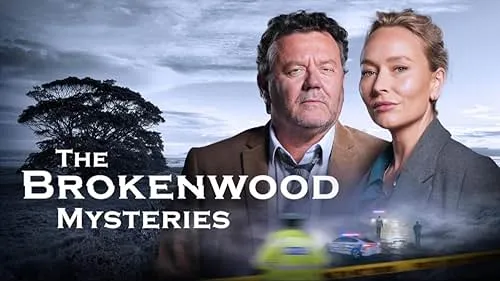A detective’s pursuit, a killer’s obsession — only one can outlast the other.
When The Fall first premiered in 2013, it quickly distinguished itself as one of the most haunting psychological thrillers on television. Set against the misty, oppressive backdrop of Belfast, Northern Ireland, the series unfolds not just as a traditional crime drama, but as a study of obsession, morality, and the terrifying normalcy of evil.
![The Fall | Trailer [HD] | | Netflix - YouTube](https://i.ytimg.com/vi/g_jSXU7qq_0/hq720.jpg?sqp=-oaymwEhCK4FEIIDSFryq4qpAxMIARUAAAAAGAElAADIQj0AgKJD&rs=AOn4CLBuO2GIGlQUIlKLhYROxuvKma72ig)
The story revolves around two parallel lives destined to clash. On one side is Detective Superintendent Stella Gibson (Gillian Anderson), a sharp, controlled, and quietly formidable investigator brought in to track down a serial killer. On the other side is Paul Spector (Jamie Dornan), a seemingly ordinary family man who hides behind the mask of respectability while harboring a chilling double life as a meticulous predator. The genius of the series lies in its refusal to cloak the killer’s identity; instead, it lets the audience watch both hunter and hunted in real time, amplifying the dread as their worlds inevitably collide.
Visually, the series thrives on restraint. Long, lingering shots, muted tones, and eerie silences allow tension to breathe, making every glance and hesitation feel weighted with menace. Unlike many procedurals, The Fall doesn’t sensationalize violence but instead confronts its audience with the disturbing intimacy of control, manipulation, and psychological domination. Each murder is not just a crime, but a reflection of Spector’s fractured psyche — his hunger for power, his twisted need for connection.

At the core of the series is its central duel: Gibson versus Spector. Both are intelligent, driven, and consumed by their obsessions — one with justice, the other with control. Their conversations are as dangerous as any physical confrontation, dripping with subtext, challenge, and psychological warfare. Yet, Gibson’s strength as a female lead isn’t portrayed in extremes of heroism but in subtle resilience: her intellect, her control over vulnerability, and her refusal to be diminished in a world where violence against women permeates the shadows.
What sets The Fall (2013) apart is its realism. It does not rely on cheap scares but instead forces viewers to confront the disturbing banality of evil — the idea that monsters can wear ordinary faces, live in ordinary homes, and pass unnoticed in society. It’s this chilling authenticity that makes the series unforgettable, a story that lingers long after the screen goes dark.


-1751430081-q80.webp)
